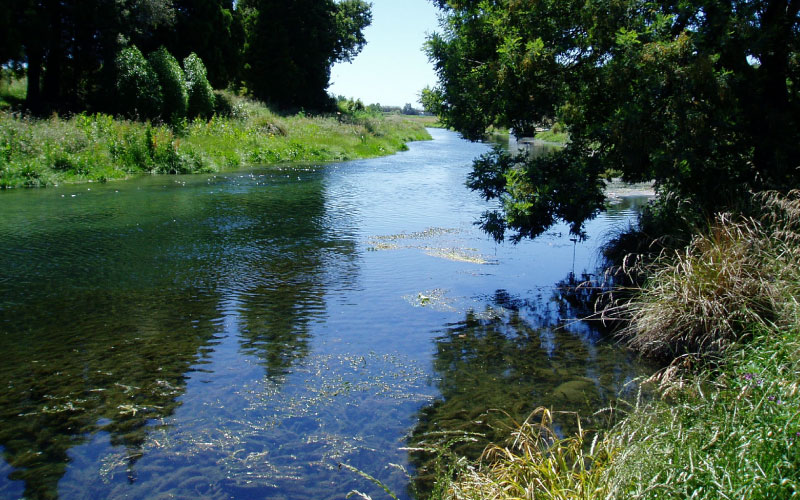The Organisation for Economic Co-Operation and Development (OECD) has identified water as one of the four critical environmental priorities for the coming two decades. On current trends, 47% of the world's population will live in areas of high water stress in 2030.
Go to the Organisation for Economic Co-Operation and Development (OECD) website
In a list of 148 OECD countries, New Zealand is ranked number 1 in terms of freshwater quality, whilst this is good news, New Zealand also had the highest and second highest percentage use increase of nitrogen and phosphorus fertilisers. This should act as a warning, that while the water quality of our rivers and streams is generally good by international comparisons this should not lead to complacency with regard to managing water quality to ensure its continued use.
In Marlborough diffuse sources of pollution are the biggest threat to maintaining high water quality in our rivers and streams.
Why is water quality in our rivers and streams important?
- To ensure native plant and animal life can thrive. Currently about 50% of New Zealand's endemic (only found in New Zealand) fish species are endangered or at or at serious risk of being endangered. New Zealand's flora and fauna are unique on the world stage.
- Drinking water supplies, particularly rural drinking water supplies rely on good water quality, not only can illness result in drinking poor water quality but the cost of treating water to ensure it is fit for human consumption increases with decreasing water quality.
Go to the New Zealand Drinking-Water Standards on the NZ Legislation website
- Water is important for the irrigation of crops, the use of which can be compromised when water quality is poor.
- To ensure rivers are safe for recreational use. Pollution from agricultural and urban sources can result in waterborne pathogens entering our waterways causing illness and infections in people using these waterways for swimming and other recreational activities. Tourism is a vital part of New Zealand's economy and swimming, fishing and other water sports are integral to New Zealand's tourism industry.
See Swimming and Boating web page for recreational use


